Spleen Qi Deficiency; What is it and How to Deal With It.
Tired all the time?
Feeling bloated?
Mental fogginess?
Poor digestion?
Overwhelmed with worry?
Read on to find out a possible reason why…
Essential Tips for Managing Spleen Qi Deficiency
If you go to an acupuncturist with complaints of fatigue, bloating, irregular bowel movements or other associated symptoms, you might come across the phrase “Spleen Qi Deficiency”. In Traditional Chinese Medicine (TCM), the concept of Spleen Qi Deficiency holds significant importance as it is believed to underlie a range of health issues, and is a common pattern differentiation.
The Spleen, according to TCM, plays a vital role in digestion, energy production, and overall vitality and the pattern of Spleen Qi deficiency arises when the Qi of the Spleen is compromised or becomes weak, leading to symptoms like fatigue, bloating, weakened immunity, and more.
Understanding how to address Spleen Qi deficiency can pave the way to better health, deeper sleep, and a calmer digestive system. This article dives into effective strategies to combat this imbalance and explores lifestyle adjustments, including stress management techniques and gentle exercises like Tai Chi to further support Spleen Qi. From incorporating Qi-boosting foods such as warm and easily digestible meals to practicing mindful eating habits, this article will hopefully provide insights into restoring balance within your body and boosting Spleen Qi.
Please note- When discussing the Spleen in the context of Chinese medicine, it is essential to note that the term doesn't have a direct correlation with the physiological spleen in Western medicine. In Chinese medicine, the concept of the Spleen encompasses a broader understanding, incorporating functions related to digestion, energy metabolism, and overall vitality, even associations with emotions, seasons, and flavors. Therefore, conversations about the Spleen in Chinese medicine should be approached with an awareness of the distinct perspectives and principles within Traditional Chinese medical theory. When addressing the TCM-based theory of the Organs, they will be capitalized, and when addressing the Western understanding of physiological organs, they will not be capitalized. From a Western medicine perspective–it is thought that the Spleen is a combination of the spleen and the pancreas and their associated functions, particularly of secreting digestive enzymes and upper digestive functions.
Signs and Symptoms of Spleen Qi Deficiency
Spleen Qi deficiency may manifest in various ways for different people, but common signs and symptoms that may occur are, but not limited to— poor appetite, bloating or abdominal distension, fatigue after eating, tiredness, mental fatigue/fogginess, pale complexion, loose stools, bowel movements with undigested food, easy to bruise.
Imbalances may be created by;
Constitution
Irregular diet
Overwork, too much stress
Too many cold, raw foods
Overwork
High emotional stress
Mental Strain
Chronic Illness
Common Symptoms of Spleen Qi Deficiency;
Bloating
Fatigue, Brain Fog, Mental Lassitude
Obesity
Abdominal pain after eating
Irregular Bowel movements
Inhibited urination
Functions of the Spleen
Spleen Qi deficiency, often called Spleen Qi Xu is a very commonly diagnosed imbalance within TCM. Essentially this means that the functioning of the Organs of digestion are weak, have been compromised, or is not working to full capacity. This can be a stand-alone diagnosis, though is frequently seen as part of a greater condition leading, to a variety of imbalances. Often we see a combined deficiency of the Spleen and Stomach (or even of the Lung Qi and Spleen).
In TCM, our Organs have elaborate functional systems associated with them, known as Organ Systems. They are associated with our meridians, specific areas of the body they govern, emotions they control, and even colors and seasons they most resonate with. They include a specific grouping of not only physical but also mental and emotional processes.
The Spleen (SP) and Stomach (ST) Organ Systems and meridians are associated and resonate with the Earth element, the season of late summer, the color yellow, the flavor of sweetness, and upon the Chinese Medicine Body Clock the hours the SP and ST are most active are between 7 am-9 am (ST) and 9 am-11 am (SP). The Spleen’s main focus is to absorb food and nutrients and begin the process of moving them where they need to go.
Central Organ in the Production of Qi
Central Organ of the Digestive System
Controls the Blood
House the Yi, the shen associated with the Intellect
Opens to the mouth, manifests within the lips
Governs the muscles
Controls Absorbing and Moving (on the physical and emotional planes)
Spleen Associations
Element- Earth
Season- Late Summer
Color- Yellow
Flavor- Sweet
Hours Most Active- 9 am-11 am
Predominant Emotions Present When Off Balance- Worry, Apprehension, Overthinking
Digestive Function
The Spleens’ main function is to help assist its yin-yang pair of the Stomach in digestion, and more specifically in the “transformation and transportation” of food. This is the process of absorbing nutrients from the foods we choose and separating the unusable, or waste matter. The basic and most essential aspect of digestion. It is the main organ in the production of Qi, deriving it from the food and drink we consume known as Food Qi/ Gu Qi. There are various types of Qi within the body- this is a very in-depth topic, (more on this here). The particular type of Qi made from the Spleen is the foundation of our Blood.
The Spleens’ crucial role in the digestion of our food, as well as the production of Qi and Blood, is the foundation of health. An article published in the journal Science Direct states that “Spleen Qi Deficiency is caused by overexertion, poor dietary habits, and/or emotional imbalances. Irregular eating (eating at varied times and amounts) consuming too much cold or raw foods and drinks, skipping meals, not eating enough, or overeating can all weaken Spleen Qi. Overthinking, worrying, or feeling anxious can lead to mental strain and harm Spleen Qi. Dampness weakens the Spleen and creates Spleen Qi Deficiency.”
Chinese Medicine Diet Recommendations for Spleen Qi Deficiency
To address Spleen Qi deficiency, it's crucial to adjust your diet to support its vitality. Favor warm and nourishing foods consumed at consistent intervals throughout the day. Avoid irregular or excessive eating, as these habits can weaken the Spleen's function. Inadequate protein intake or extreme dietary restrictions can also impact the Spleen negatively. So focus on eating protein at every meal. Steer clear of cold, raw foods, as they may hinder digestion and exacerbate deficiency, as the Spleen and other digestive counterparts function with warmth, and need that digestive fire to be stoked. Opt for comforting options like roasted root vegetables, neutral foods like rice, and lean proteins such as chicken. Incorporating neutral and slightly sweet foods into your diet can also restore Spleen Qi balance effectively. This article talks more about the energetic nature of food.
Foods that Help Support Spleen Qi
Rice, Millet
Cooked Vegetables
Lean Meats
Spices; such as cinnamon, cardamom, honey, ginger, basil, cloves, dill, fennel seeds, cooked or roasted garlic, nutmeg
Herbs to Help Support Spleen Qi
Herbs can be such a great way to help with imbalances, especially in the digestive system. Please check in with a Chinese medicine practitioner to find out if these are good choices for you! Mountain Rose Herbs carries great herbs if you are looking to build up your home apothecary.
Codonopsis (dang shen)
Astragalus (huang qi)
Atractylodes (bai zhu)
Hoelen (fu ling)
Dioscorea (shan yao)
Lotus seed (lian zi)
Coix (yi yi ren)
Dolichos (bian dou)
Jujube (da zao)
Citrus (chen pi)
Shen-chu (shen qu)
Lifestyle Tips to Help Support Spleen Qi Deficiency
Regulate your Stress
Learning ways to help control stress and bring about more mindfulness can be very beneficial when trying to optimize gut health.
Movement
You can also elevate your Spleen Qi and enhance overall well-being by integrating lifestyle practices like Tai Chi, Qi Gong, and gentle yoga. Engaging in these exercises regularly promotes gentle movement, deep breathing, and mindful relaxation, all of which invigorate the Spleen's energy flow. These practices help alleviate stress, improve digestion, and cultivate a harmonious mind-body connection, vital for optimal Spleen function.
Acupressure
Acupressure is another great activity that you can do at home to help support your body, My favorite points to use would be Stomach 36, and Spleen 6, Ren 12. These points might also benefit from using Moxa. This video can help you get started.
Want to learn more about Chinese Medicine nutrition- Read this article or check out my E-book, Essential Tastes.
Notes-
Chinese Medical Organ Systems (ie. Spleen) will be identified with a capital letter and the western physiological organ with a lower case (ie. spleen)
Disclaimer- Information located within this article is not medical advice. Please consult your healthcare practitioner to see if these will suggestions work for you!
Resources
https://www.sciencedirect.com/topics/medicine-and-dentistry/qi-deficiency
SHOP THE STORY
WANT TO LEARN MORE?
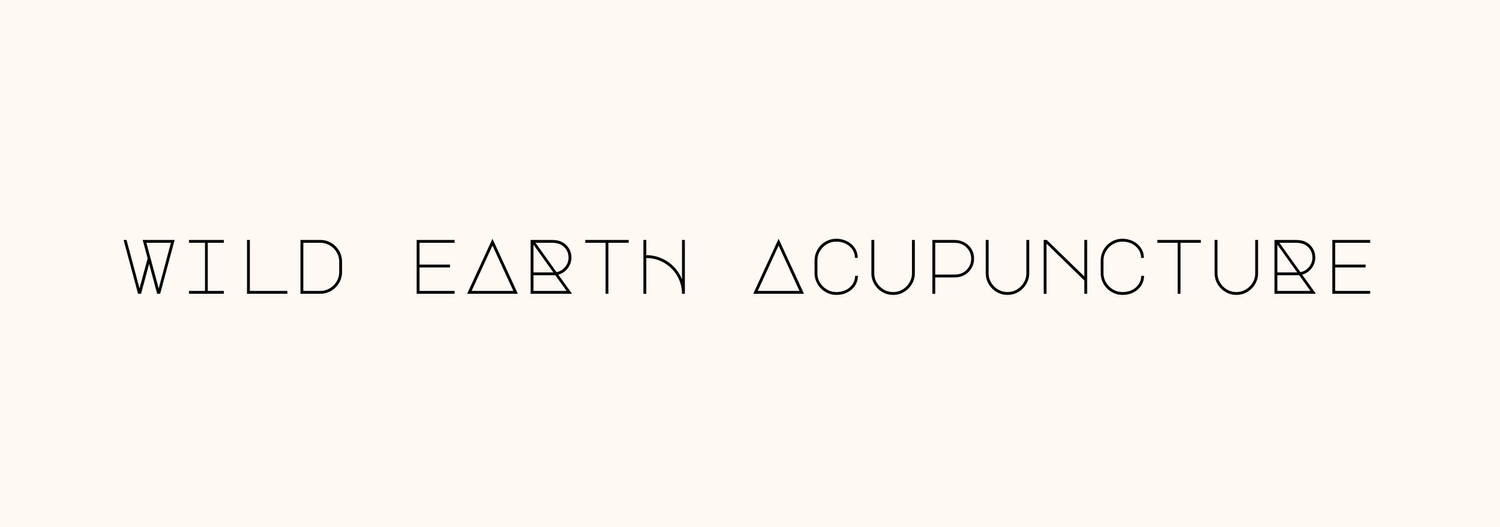


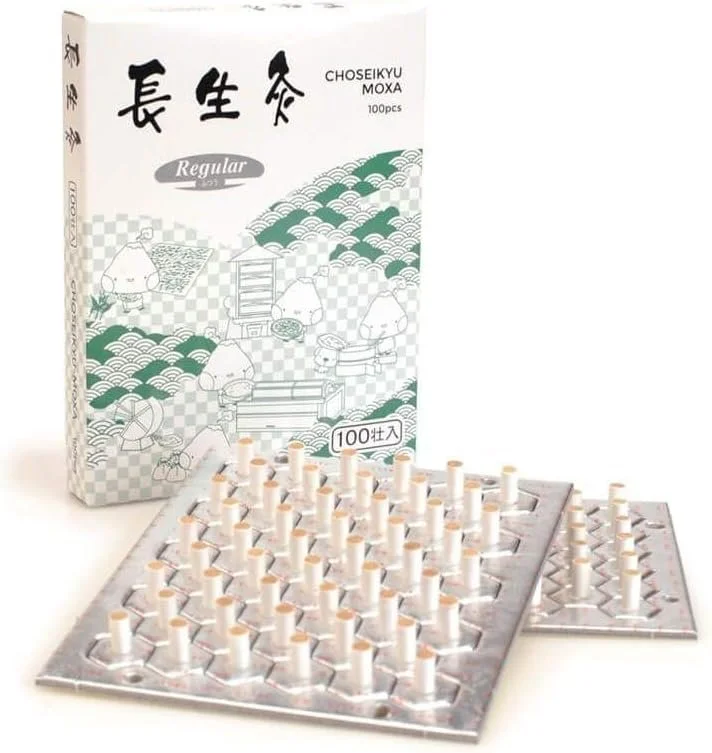










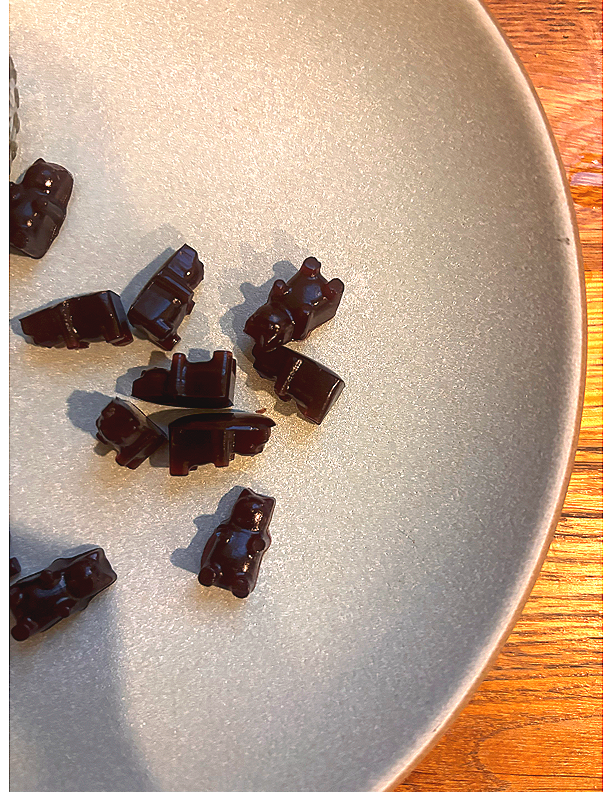







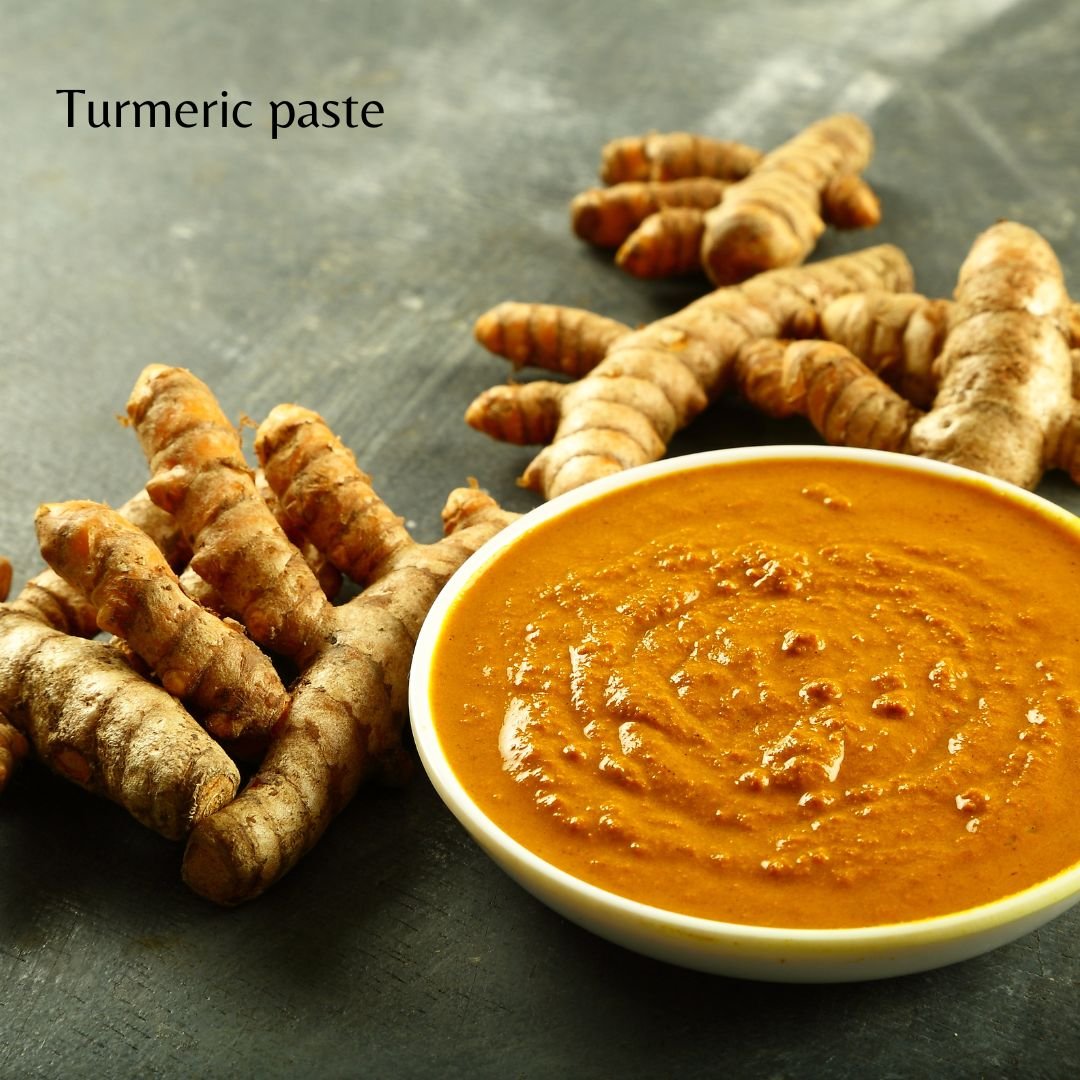





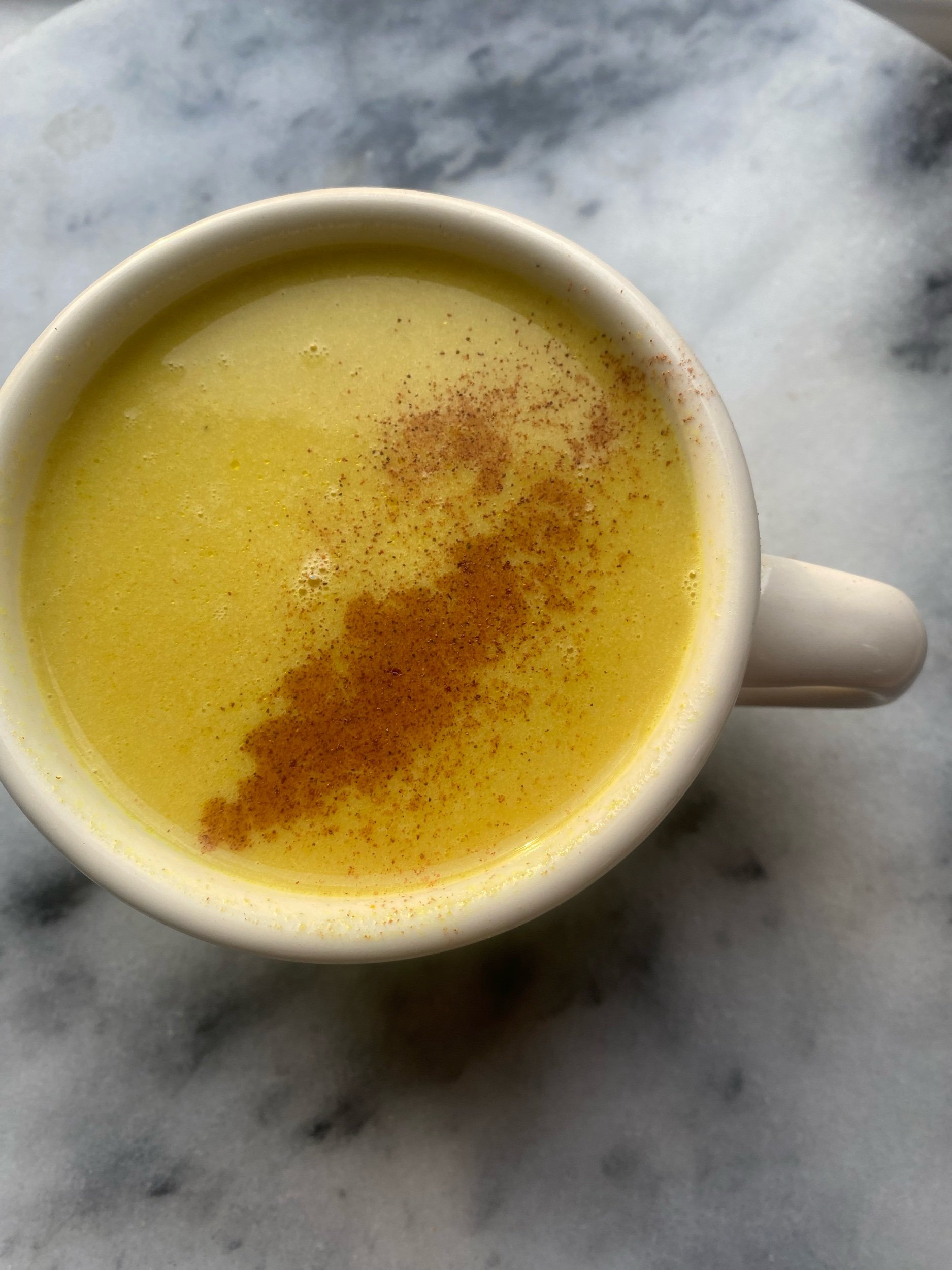

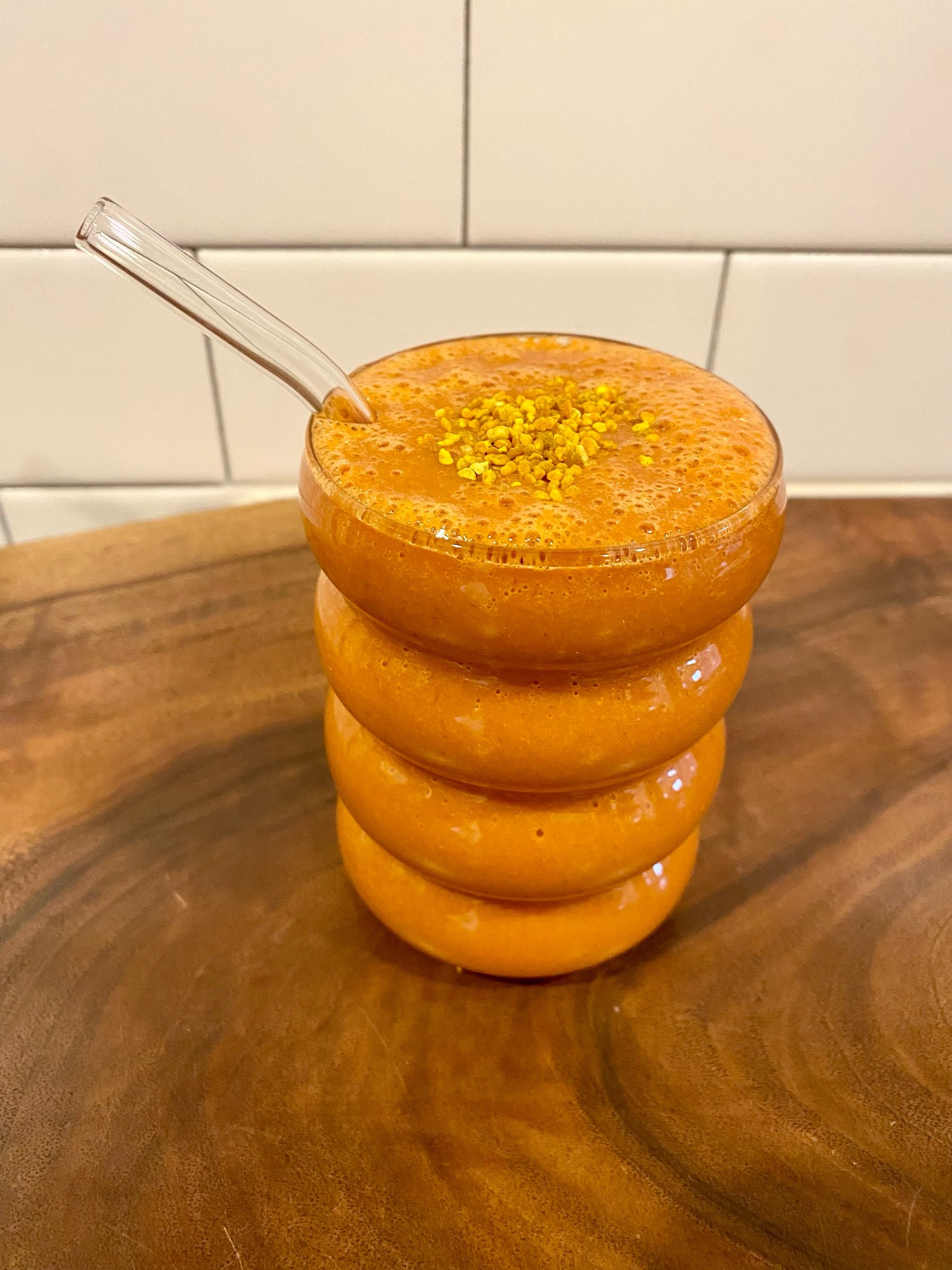
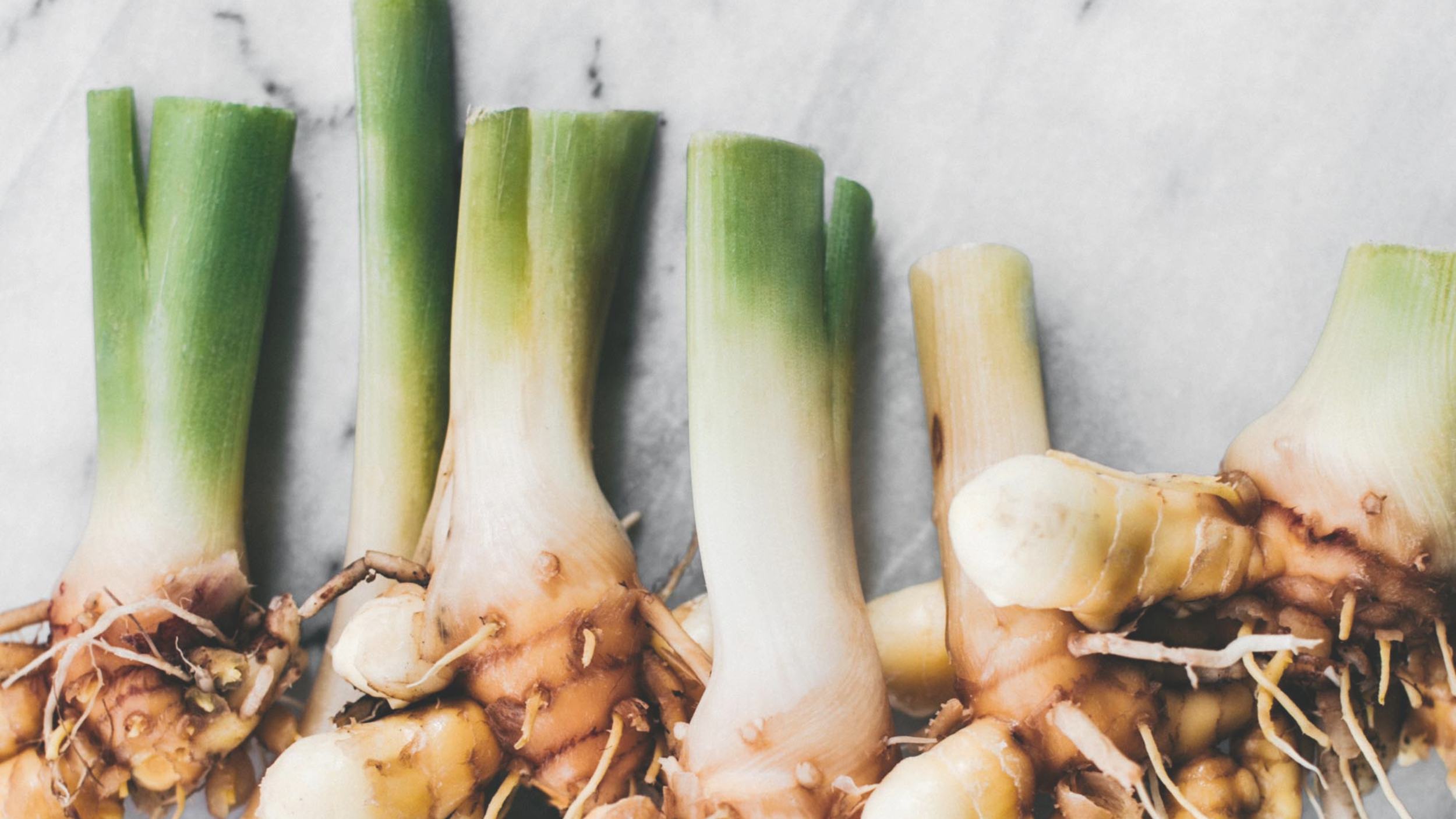





























🔥 Your Guide to Safely Practicing Moxa at Home 🔥
Curious about moxa but not sure where to start? This easy, step-by-step guide will show you how to safely use moxibustion at home to ease pain, warm your body, support energy, and especially boost digestive function.
Perfect for beginners and seasoned wellness lovers alike, it’s packed with practical tips, clear instructions, and everything you need to feel confident and cared for. This guide is focused on using premade moxa poles, especially for digestive health and pain relief.
✨ Simple. Soothing. Rooted in tradition.
👉 Download now and light up your self-care routine with the warmth of tradition!